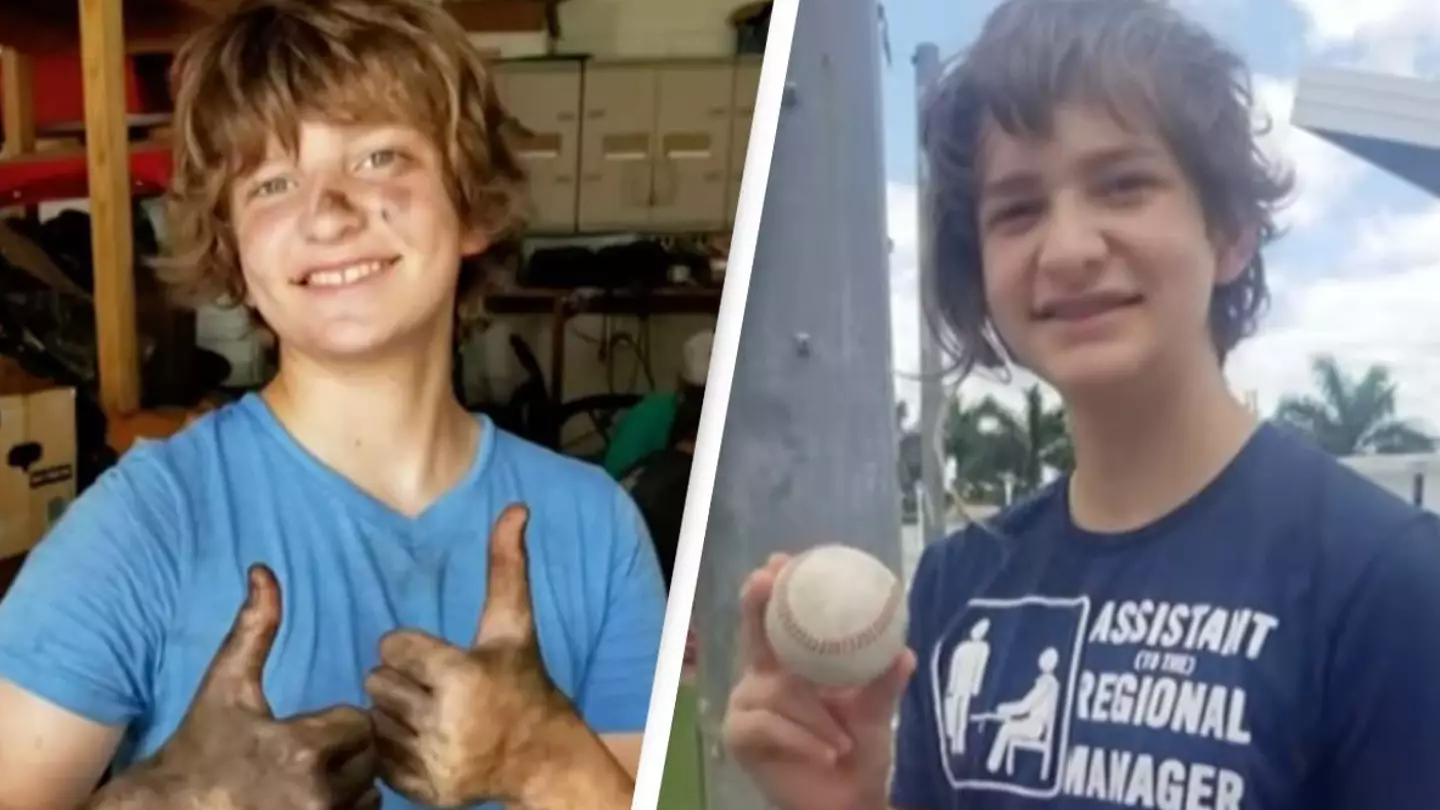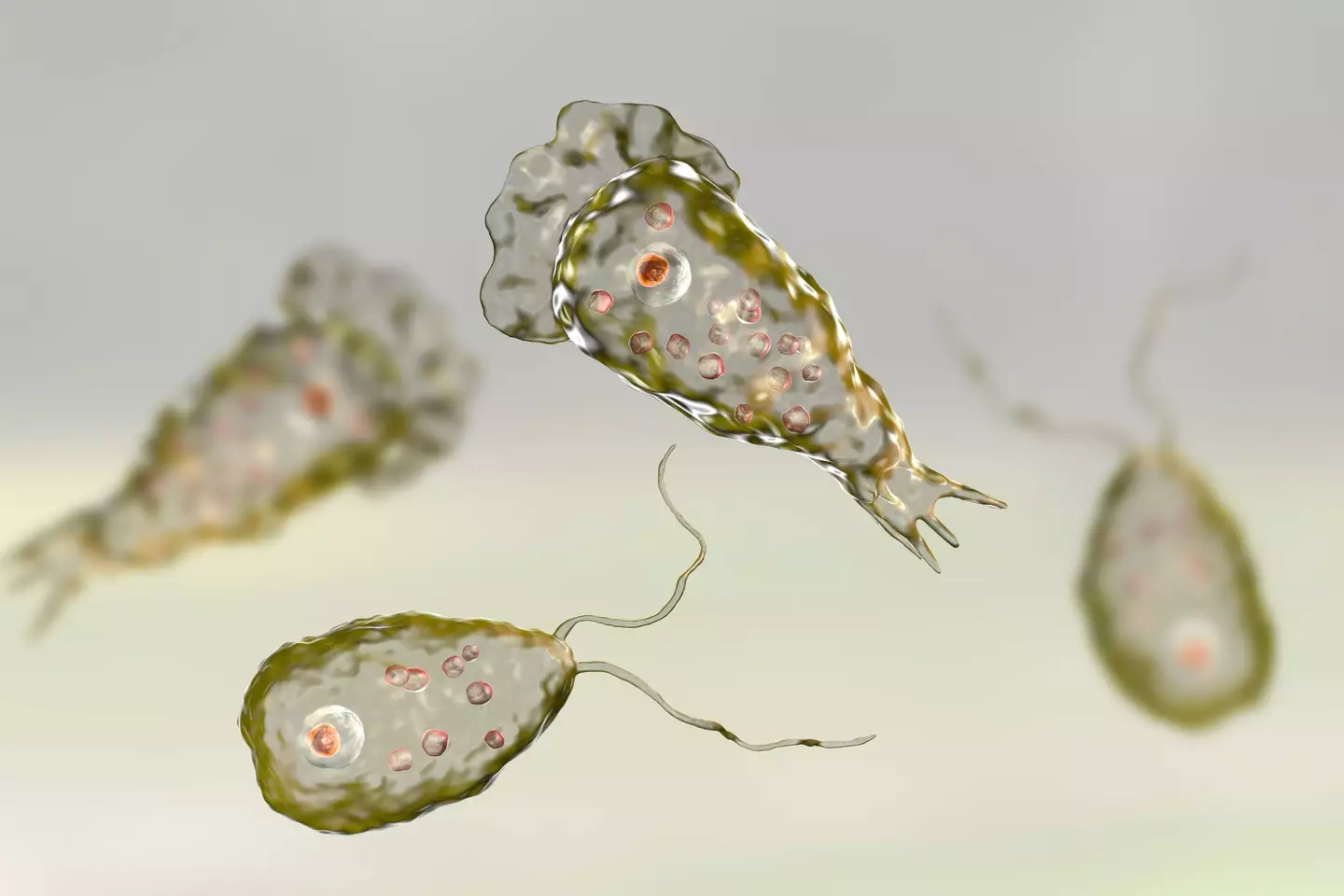
A Florida teenager is battling for his life after a rare brain-eating amoeba got into his nose and infected his brain when he went swimming.
Caleb Ziegelbauer's family have told CBS News how the 13-year-old boy went swimming at Port Charlotte Beach Park in Florida on July 1.
However, just five days later, he was in hospital after he started hallucinating and becoming disoriented.
The teen has been at Golisano Children's Hospital ever since, with doctors pointing to a brain-eating amoeba that they believe swam up his nose as the reason for his sudden decline.
Advert
.png)
More worryingly still, it's a condition 97 percent of people never recover from. Nevertheless, his family are holding out hope that he can pull through.
"We try not to look at the numbers too much because there are miracles that happen every day and I think we're going to see another one that happens here," said Lesley Cornelisen, Caleb's aunt.
Although rare, just earlier this month a boy in Missouri passed away after an amoeba managed to infiltrate his body while swimming.
Advert
The patient, who was not named publicly, was taken to hospital after taking a dip in the Lake of Three Fires while visiting its beach in Taylor County, Iowa.
On 8 July, Iowa's Department of Public Health announced the beach was temporarily closed for swimming as a 'precautionary response to a confirmed infection of Naegleria fowleri in a Missouri resident'.
Naegleria fowleri are single-celled organisms that live in warm, fresh water such as lakes and rivers. They can infect swimmers by entering their body through the nose and travelling into the brain, where they destroy brain tissue, leading to brain swelling and death.

Advert
According to the Centres for Disease Control (CDC), the fatality rate of those infected with naegleria fowleri is over 97 percent, with only four people surviving out of 154 known infections in the United States from 1962 to 2021.
In advice also relevant to the Florida case, the Department of Health recommended swimmers hold their nose, use nose clips or keep their head above water when swimming in warm fresh water.
"Avoid water-related activities in warm freshwater during periods of high-water temperature," it said, adding: "Avoid digging in, or stirring up, the sediment while taking part in water-related activities in shallow, warm freshwater areas."
If you have a story you want to tell, send it to UNILAD via [email protected]
